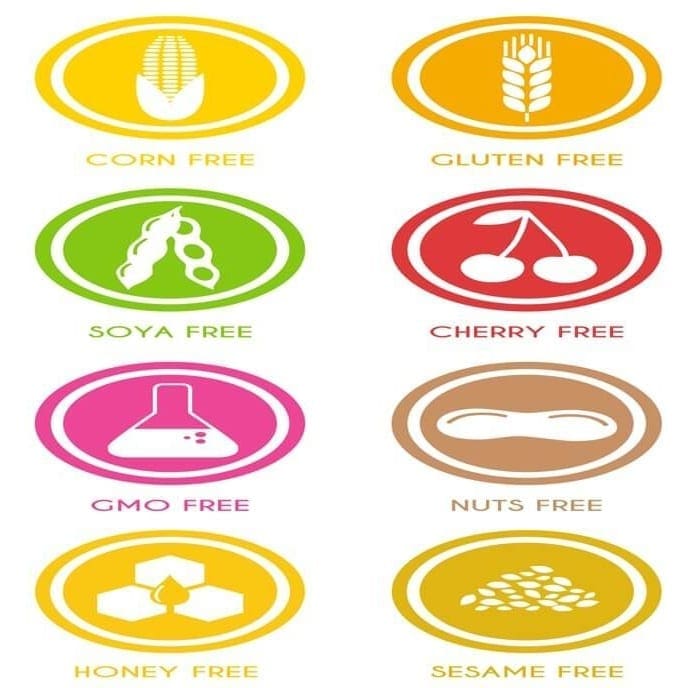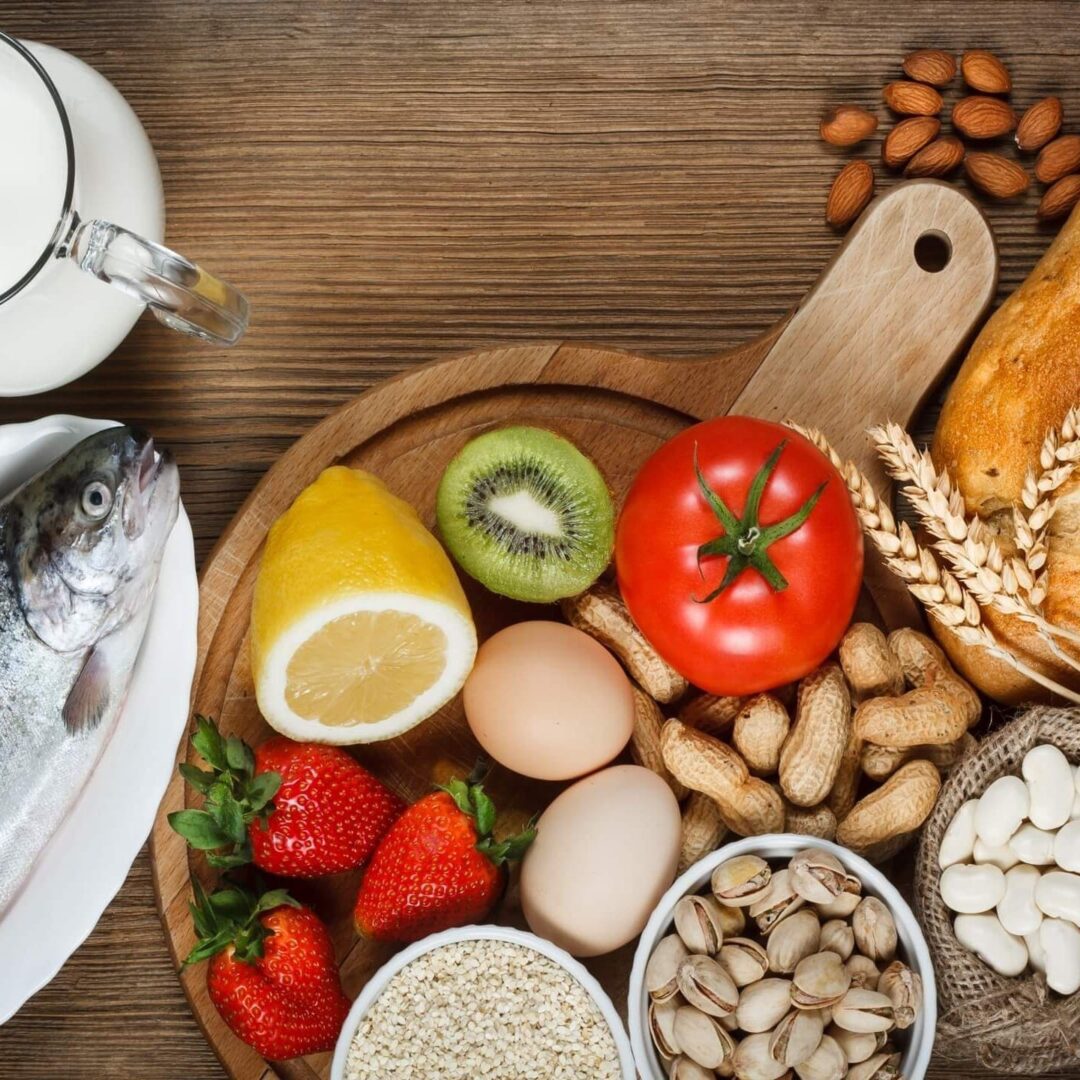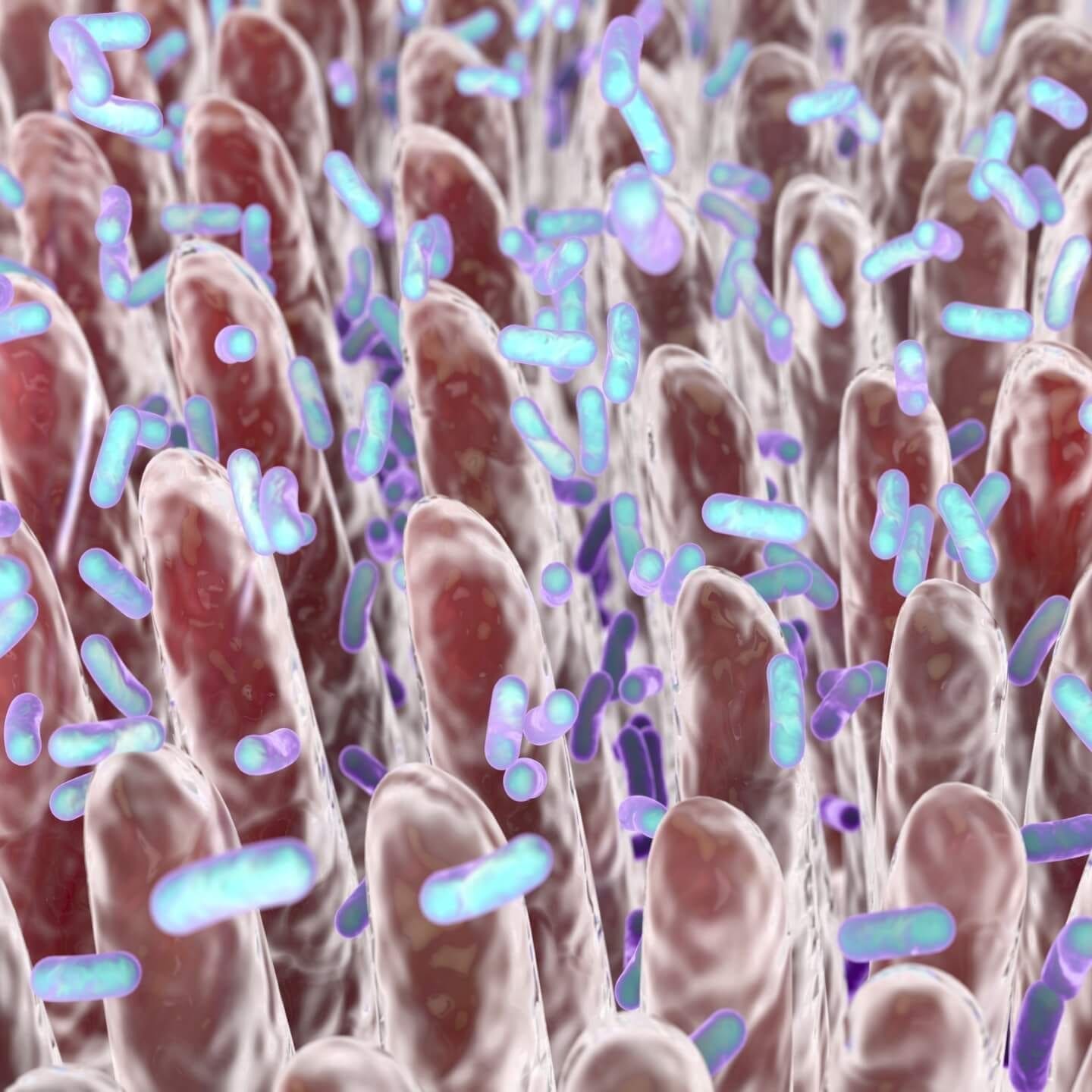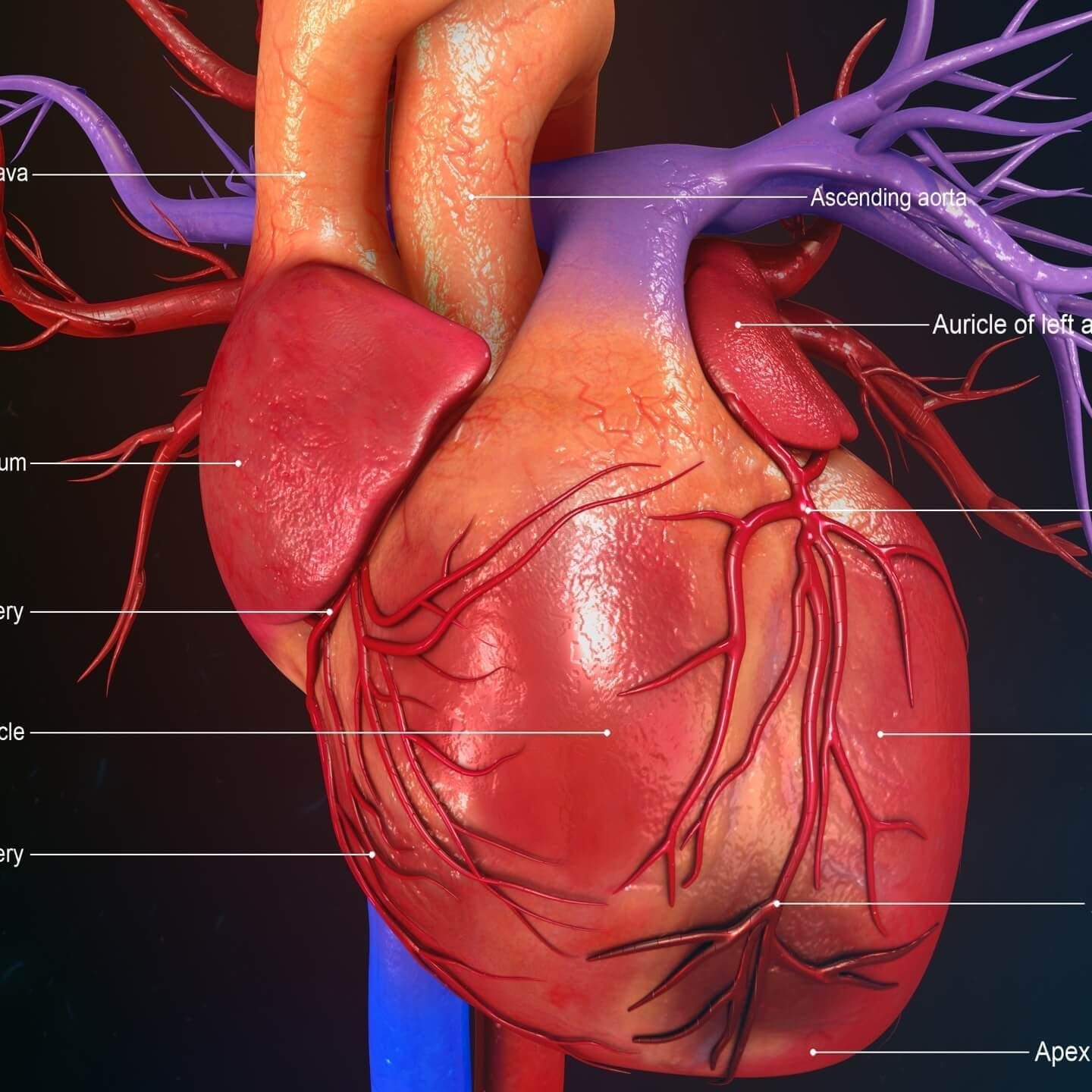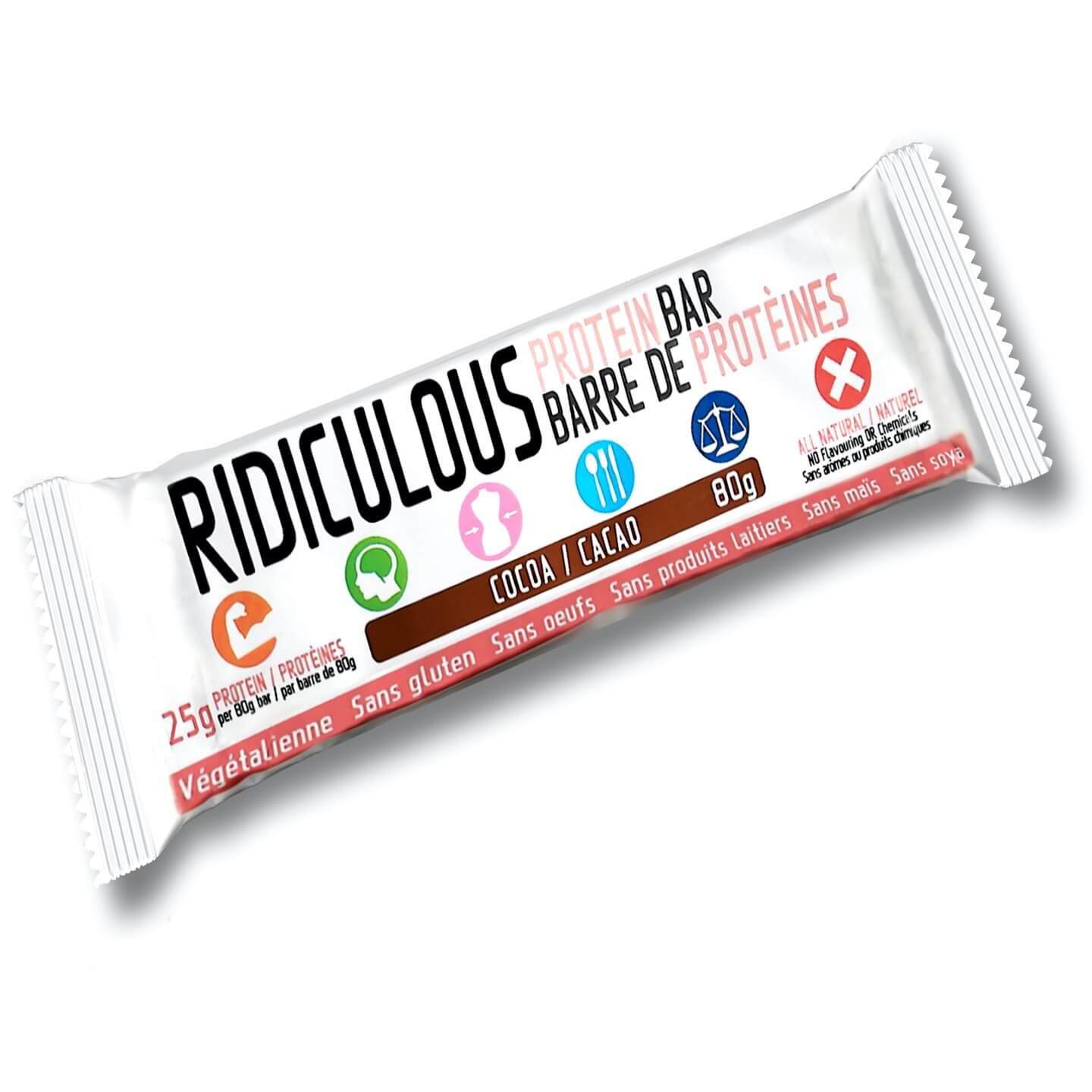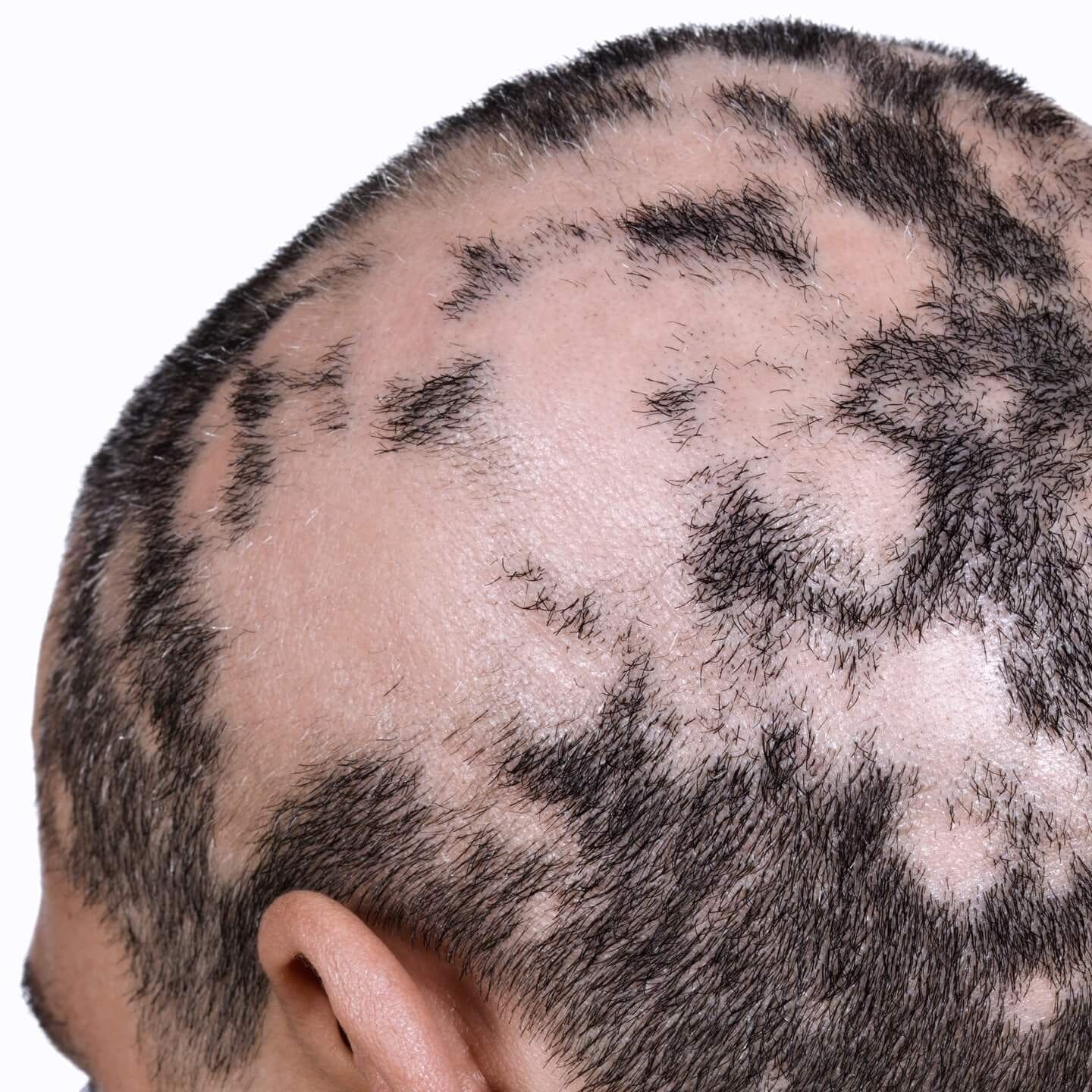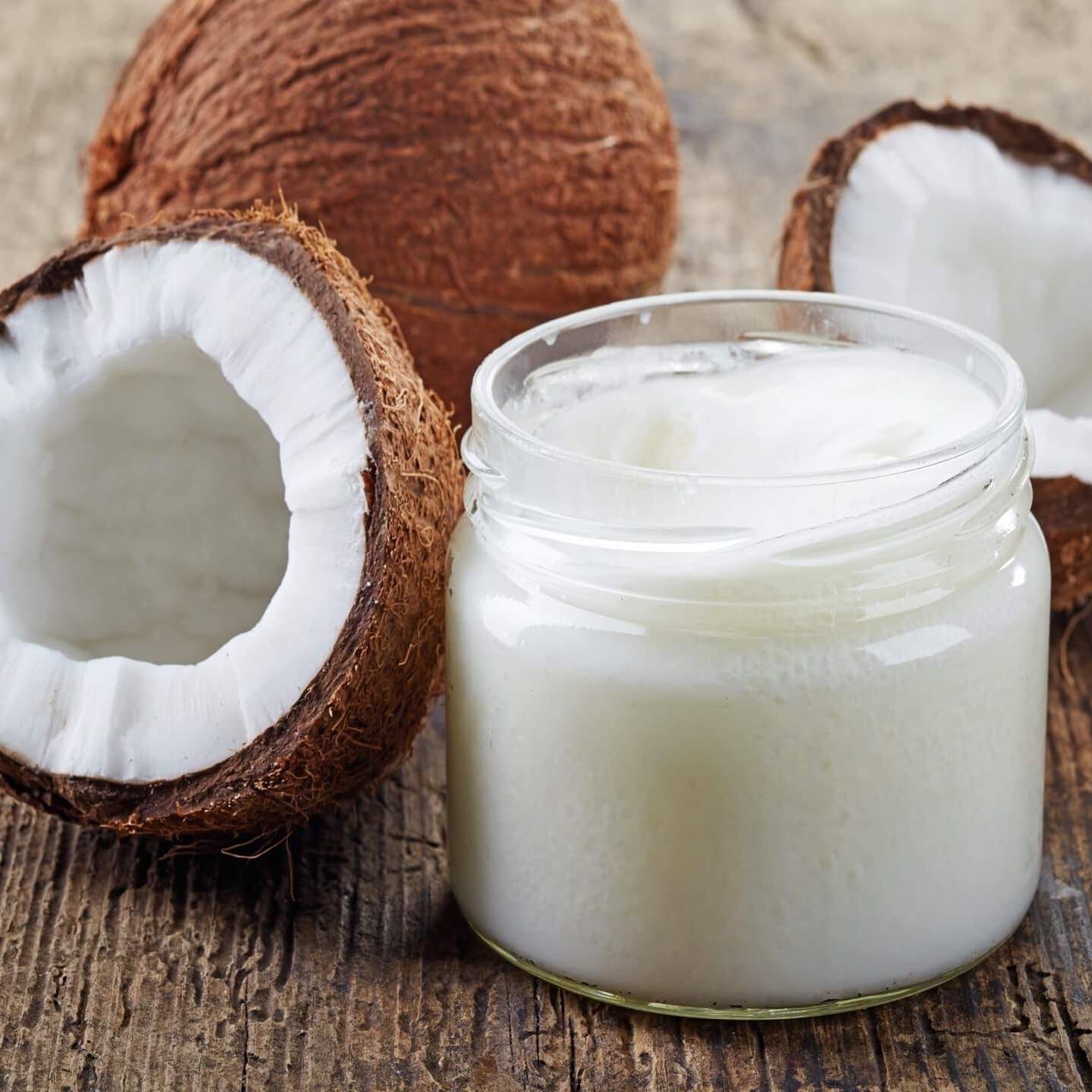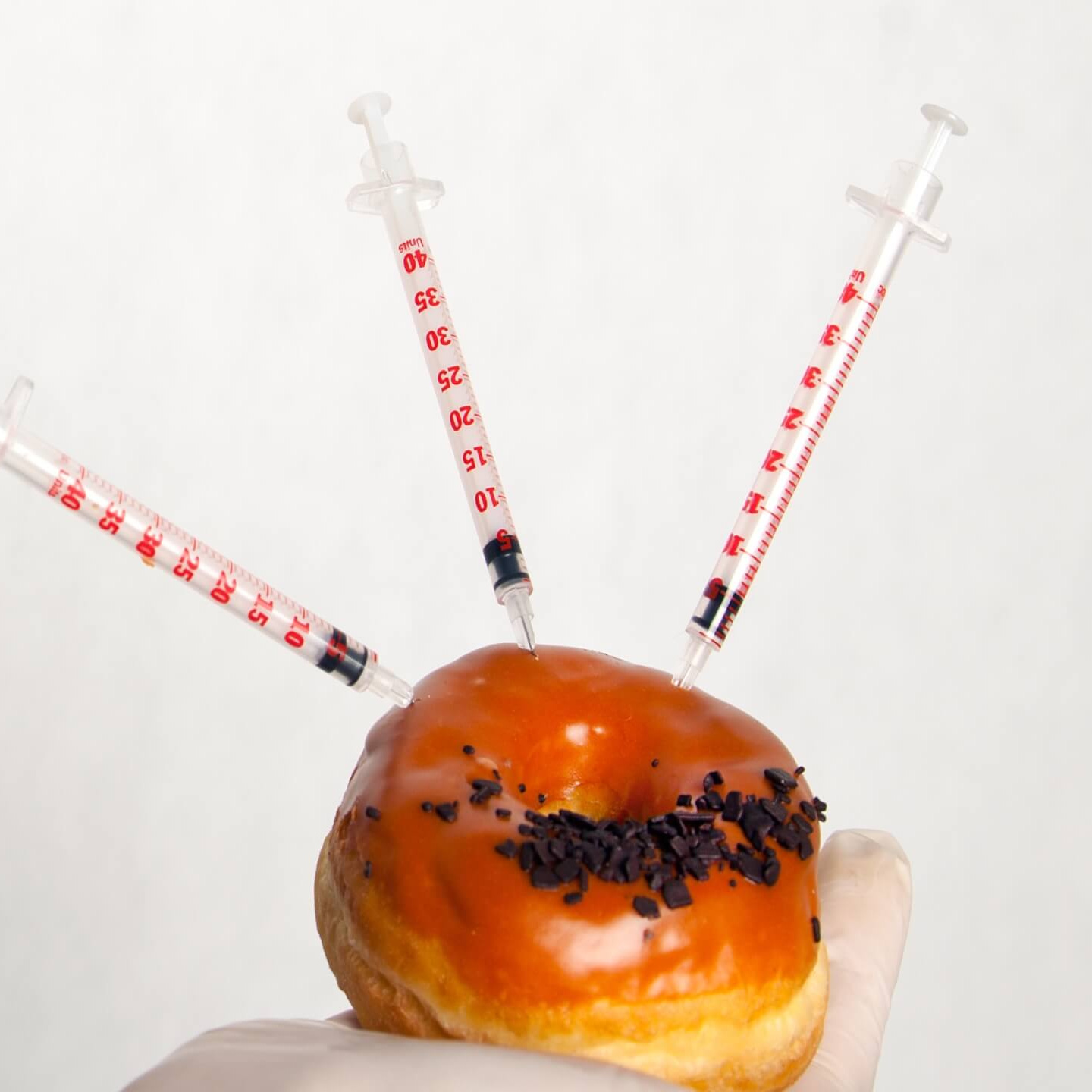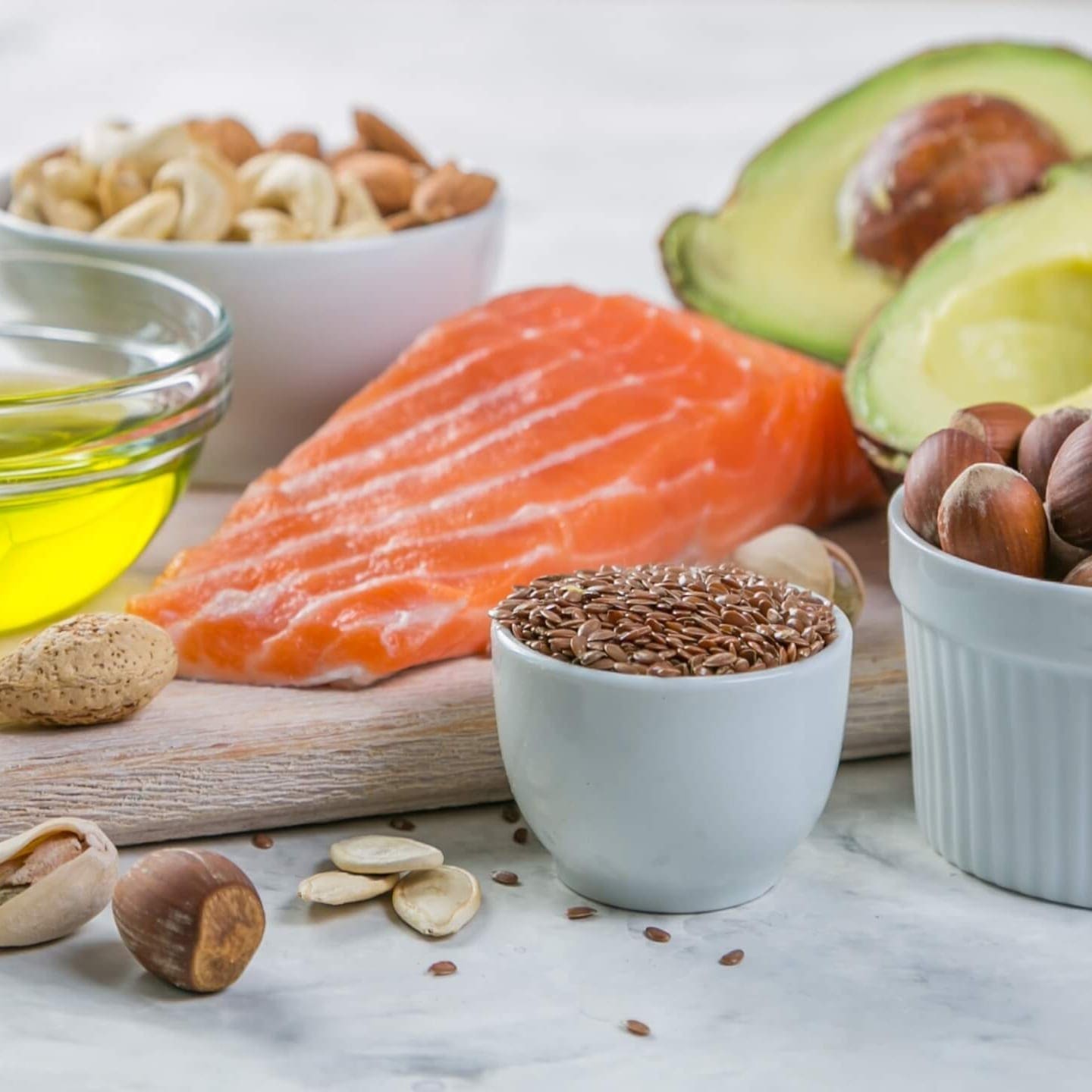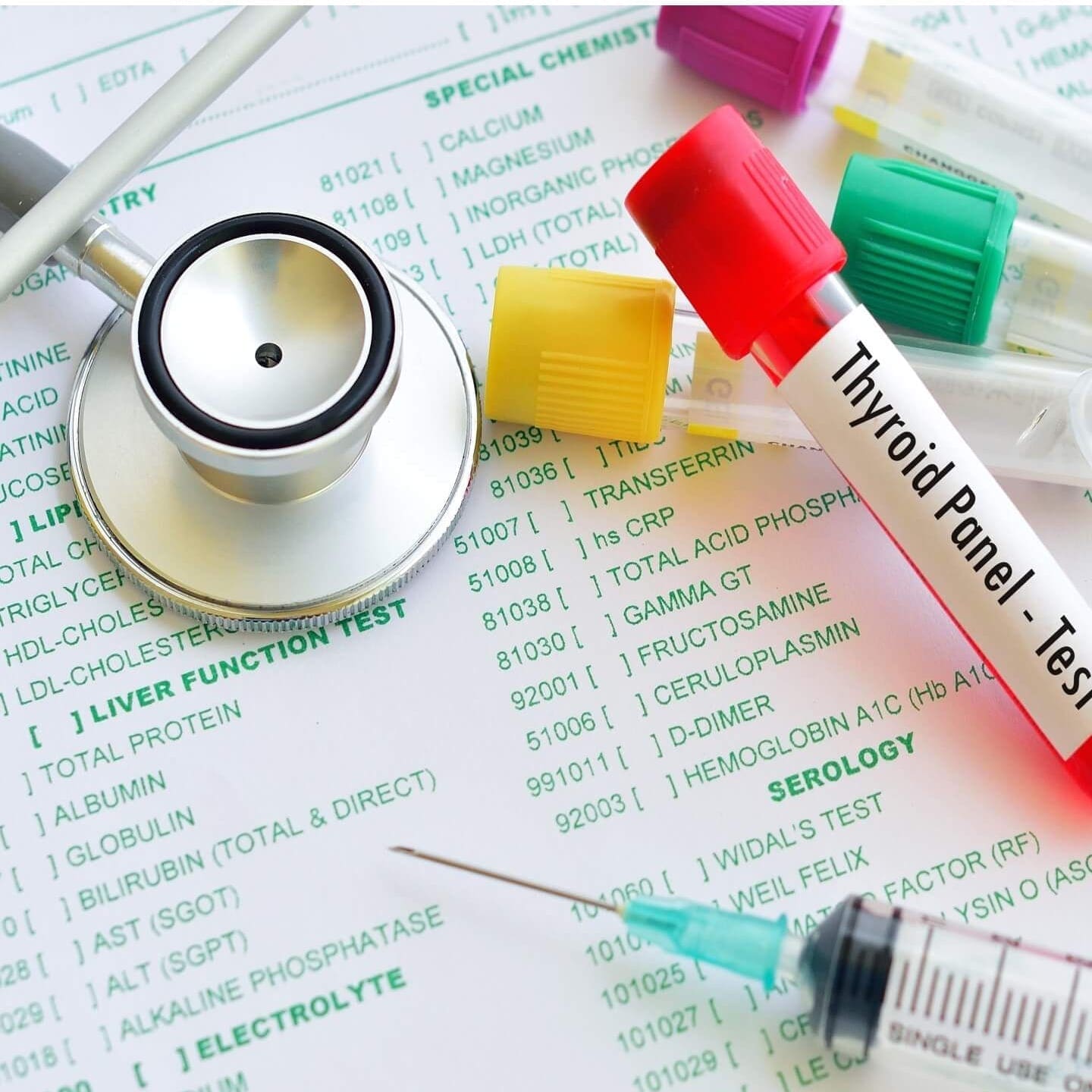Is Your Diet Killing You Slowly?
With the media hype about necessity of a low-fat, low-calorie diet, the consumer is vulnerable to buying reduced fat and calorie products. With good faith attempts to lose weight and prevent diseases, such as cancer and heart disease, consumers are misguided into purchasing alternatives which can cause more harm than good. Is your diet killing you slowly?
Many food items perceived as healthier options, actually contain the wonders of food technology. Four main technological advances causing concern include food additives, fat substitutes, hydrogenated oils and artificial sweeteners. Whether it is consumer ignorance or absence of labeling, it is critical that the consumer understand the dangers of food substitutes, and how to interpret labels for healthier eating, and thus better health.
Harmful Junk In Food
Food additives comprise the dyes and preservatives in foods, beverages and drugs. Realistic examples include BHT in cornflakes, MSG in some potato chips & some noodles, Sodium benzoate in bottled juice, BHA in ultra low fat ranch dressing, and Sodium nitrite in Turkey frankfurters. Furthermore, many low fat products contain carrageenan, a jelly-like substance from seaweeds, which can legally contain MSG without stating so on the label. The additive carrageenan imparts the creamy texture fat usually gives, in items such as no fat sour cream and no fat cream cheese. MSG (monosodium glutamate) is found in all tomato based products, including tomato paste, tomato sauces, salsa, ketchup and barbeque sauces.
MSG is Hidden in Most Processed Foods
MSG Masked
Monosodium glutamate (MSG), used as a flavour enhancer, can also be labeled as “hydrolyzed protein” or “natural flavouring”. The MSG symptom complex is developed by an unknown percentage of the population. It occurs within one hour of eating MSG, upon which the susceptible may experience numbness or burning sensation in the back of the neck, forearms and chest, chest pain, headache, nausea, rapid heartbeat, difficulty breathing, drowsiness or generalized weakness.
Beware: Hydrolyzed Protein or Natural Flavouring is MSG
Nasty Nitrites
The most commonly used preservatives in food include sodium benzoate, nitrites and various sulphites. Nitrites are found in preserved meats, such as hot dogs and deli meats. Nitrites may be harmful to sensitive people, triggering a headache or migraine. However, nitrites are cancer-causing in everyone.
Nitrites Cause CANCER in Everyone
Sinking In Sulphites
Sulphites prevent the growth of microorganisms and the resulting spoilage, which indicated their use on produce, especially in restaurant salad bars. Also, sulphites prevent black spots on lobster and shrimp, discourage bacterial growth during wine fermentation, condition dough (breads & baked goods), and are present in medications.
Sulphite Sensitivity
Many people suffer severe allergic or asthmatic reactions as they are unaware of their sensitivity to sulphites and the common use of these in foods. Symptoms can include hives, nausea, diarrhea, shortness of breath and even shock leading to death.
Sulphites Can Cause DEATH!
Hidden Allergens
Caramel is another food additive that may prevent better health. The carbohydrates caramel is derived from includes many common allergens or foods people have sensitivities to, including dairy, wheat and corn. Unfortunately, labels either include technical terms or do not state the source. Examples of carbohydrates heated to form caramel are corn (dextrose), barley (malt syrup), cane sugar (molasses), wheat (starch hydrolysates), yeast (citric acid) and most importantly, dairy (lactose).
Therefore, individuals on hypoallergenic diets must be careful to read between the lines. Dairy in some form or another is found in carrageenan, nougat, sherbet, rennet (an enzyme that curdles milk to form cheese), whey, the wax coating on fruit and even TOMATO PASTE! This is of critical importance to those with dairy sensitivities, because many times labeled items do not reflect true ingredients. Furthermore, the body may be triggered by only minute molecular amounts, causing either an immediate or delayed allergic reaction.
Labeled Items Do Not Reflect True Ingredients
Fat Phobia
Fat is a source of essential fatty acids, required in the diet for proper growth & development, and to maintain health. It provides calories for those underweight, and those with high caloric requirements, such as infants and toddlers. Fat also carries and aids the absorption of fat-soluble vitamins A, D, E & K. With respect to preparation and consumption, fat provides taste, consistency and stability of the food product. However, at 9 calories per gram, fat in foods sent the health &/ weight-conscious running. The Calorie Control Council surveyed that 2/3 of the adult US population consumes low fat and low calorie foods and beverages, and believe there is a need to replace fat in the diet with substitutes.
Do Not Fear Dietary Fat
Excess Sugar Forms Fat
Enter manufacturers producing low fat, low calorie foods. These products still contain high amounts of sugars and carbohydrates, which promote fat formation in the body, as they skyrocket blood sugar. Even the notorious rice cake, a dieter’s delight of puffed air, actually increases blood sugar the fastest (highest glycemic index). Also, any natural or diet food with sugar, including fructose (fruit sugar), causes fat storage when the excess blood sugar is not used for energy by the body.
Carbs Make You FAT
Fake Fat
Fat substitutes are made from tapioca dextrin, cellulose gel (carbohydrate-based), egg whites & whey from dairy (protein-based). They are found everywhere real fat should be: lunch meats, salad dressings, frozen desserts, table spreads, dips, baked goods, candy, yogurt, cheese spreads, frozen dinners and energy bars. But they cannot be fried. Until OLESTRA. This fat-based substitute can withstand high temperatures due to its structural similarity to fat, providing a snack with less than half the calories of fried snacks in natural oil. Thus, olestra is readily available in America, in low calorie chips and snacks. Fortunately, olestra has yet to be approved in Canada and the UK.
Fatal Fat Substitute
Since olestra passes right through the digestive tract without being absorbed, it can cause intestinal cramping, anal leakage, gas and bloating. In leaving the body unchanged, olestra contributes no calories or fat, but takes with it the essential fat-soluble vitamins A, D, E, K, and carotenoids (in fruits and vegetables). For those with bleeding disorders, this depletion of vitamin K can be serious, as it is required for clotting blood. The resultant deficiency in carotenoids could increase the incidence of cataracts, age-related blindness, and increase the risk of cancer and heart disease. Dr. Walter Willett, a nutritionist from Harvard School of Public Health, states that a mere six potato chips a day will decrease carotenoids in the blood by 40%, and projects thousands of premature deaths, due to cancer and heart disease in the US annually, with olestra consumption. Furthermore, lab studies have shown olestra to cause LIVER CANCER in some animals. The FDA has supposedly resolved their responsibility by ensuring the presence of an unappealing label warning and fortifying products with the depleted vitamins, blind to the fact that the olestra may eliminate those as well.
You Can’t Cheat Your Body
Substitute Good Fats, Avoid Bad Fats
Remember, fat in the diet is required, with the majority from essential fatty acids. Essential fats can be obtained from cold water fish, olive and flaxseed oil, almonds, walnuts, sesame, pumpkin and sunflower seeds. The types of fats to avoid in the diet include saturated fats and trans fats, found in red meats, dairy products, margarine, fried, frozen & fast foods, processed and packaged foods. On packaging labels, these fats are known as “hydrogenated or partially hydrogenated oils”. Examples of foods that contain these bad fats are fried or baked chips, sports drinks, soy cheese, processed noodles, and cereal bars.
Just Choose the Good Fats
Sweet Poison
There is no question as to the safety of artificial sweeteners, such as aspartame and acesulfame K. They are undoubtedly harmful, and unfortunately present in greater than 9,000 foods, wherever sugar is substituted.
Aspartame is an unregulated, unsafe drug, originally to treat peptic ulcers. It is a combination of three substances: the amino acid phenylalanine, aspartic acid and methanol (wood alcohol). Phenylalanine decreases serotonin levels, which can cause carbohydrate cravings, PMS symptoms, insomnia and mood swings. The breakdown of methanol in the body forms highly toxic formaldehyde, which causes permanent genetic damage. Aspartame has been proven to cause brain cancer, uterine polyps and affects blood cholesterol in animals.
The Food and Drug Administration has registered aspartame to represent 80-85% of all food complaints. Symptoms include seizures and convulsions, chronic fatigue, severe anxiety attacks, depression, memory loss, vision problems, menstrual difficulties, blood sugar irregularities, MS-like symptoms, Parkinson’s tremors and worsening of fibromyalgia. The Center for Science in the Public Interest (CSPI), based in Washington, D.C., has listed aspartame as the third worst additive. Although acesulfame K is the latest available sugar substitute, it is the worst, and FDA testing has proven the additive causes cancer in animals.
Artificial Sweeteners Don’t Fool Your Body
Live & Learn To Create Your Health
Ultimately, society’s quest to lose weight and prevent disease has become a biological nightmare, as consumption of chemical additives and substitutes reign our dietary intake, wreaking havoc on the body’s natural function. Optimal health is created by each person taking charge of their body, and knowing exactly what is put into it. Although knowledge may be the foundation of well-being, action provides the structure and is achieved through optimal nutrition, exercise and moderation of all required nutrients – protein, carbohydrates and essential fats.
This information is for educational purposes only and does not advocate self-diagnosis. Due to individual variability, consultation with a licensed health professional, such as a licensed naturopathic physician is highly recommended, prior to starting a natural treatment plan. For further information, see Terms of our Website.
Follow Dr. Jiwani
Popular Posts



